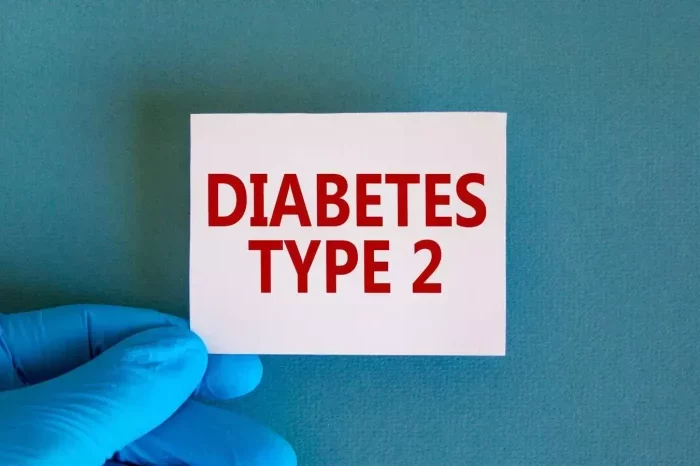For many expectant mothers, the journey through pregnancy is a period of excitement, anticipation, and sometimes, concern.
Among the worries that may arise is the possibility of developing gestational diabetes mellitus (GDM), a condition that can affect both maternal and fetal health if left unchecked. Understanding the symptoms of gestational diabetes is crucial for early detection and effective management.
In this comprehensive guide, we delve into the nuances of GDM symptoms, providing valuable insights and reassurance for would-be mothers.
Understanding Gestational Diabetes
Gestational diabetes mellitus (GDM) is a form of diabetes that develops during pregnancy, typically in the second or third trimester. It occurs when the body cannot produce enough insulin to meet the increased demands of pregnancy, leading to elevated blood sugar levels.
While GDM often resolves after childbirth, it can pose risks to both mother and baby if left untreated. Prompt identification of symptoms is essential for timely intervention and optimal maternal-fetal outcomes.
Common Symptoms of Gestational Diabetes
One of the challenges in identifying gestational diabetes is that it may not always present with obvious symptoms. However, some expectant mothers may experience subtle signs that warrant attention. Among the common symptoms of gestational diabetes are:
1. Increased Thirst and Urination:
Experiencing frequent thirst and urination, particularly beyond what is considered normal during pregnancy, may indicate elevated blood sugar levels.
2. Fatigue and Weakness:
Unexplained fatigue and weakness can be early indicators of gestational diabetes, as fluctuating blood sugar levels may affect energy levels.
3. Blurred Vision:
Some women with gestational diabetes may notice changes in vision, such as blurred vision, due to fluctuations in blood sugar levels affecting the eye’s lens.
4. Unexplained Weight Loss or Gain:
While weight gain is expected during pregnancy, sudden or unexplained weight loss or gain may be a sign of gestational diabetes and should be discussed with a healthcare provider.
5. Increased Hunger:
Experiencing excessive hunger, even after consuming a meal, may signal insulin resistance and the need for further evaluation.
6. Recurrent Infections:
Women with gestational diabetes may be more prone to urinary tract infections (UTIs) or vaginal yeast infections due to elevated blood sugar levels providing a favorable environment for bacterial and fungal growth.
7. Nausea and Vomiting:
Although nausea and vomiting are common pregnancy symptoms, persistent or severe episodes may warrant investigation for gestational diabetes, especially if accompanied by other concerning signs.
Navigating Gestational Diabetes Concerns
It’s important to note that not all women with gestational diabetes will experience noticeable symptoms. In fact, many cases are diagnosed through routine screening tests conducted during prenatal care appointments.
As such, pregnant individuals should prioritize regular prenatal visits and adhere to recommended screening protocols to ensure early detection and appropriate management of gestational diabetes.
Seeking Support and Guidance
For would-be mothers who are concerned about the possibility of developing gestational diabetes, open communication with healthcare providers is key.
Discussing any symptoms or concerns, no matter how minor they may seem, allows healthcare professionals to provide personalized guidance and support throughout the pregnancy journey.
Additionally, incorporating healthy lifestyle habits, such as maintaining a balanced diet, staying physically active, and managing stress, can help mitigate the risk of gestational diabetes and promote overall maternal and fetal well-being.
Conclusion
In conclusion, awareness of the symptoms of gestational diabetes is essential for expectant mothers to recognize potential warning signs and seek timely medical evaluation.
While not all women with gestational diabetes will experience noticeable symptoms, those who do should prioritize proactive communication with their healthcare providers to ensure comprehensive care and support.
By staying informed, proactive, and engaged in their prenatal care, expectant mothers can navigate the complexities of gestational diabetes with confidence and peace of mind, fostering optimal outcomes for themselves and their babies.

























